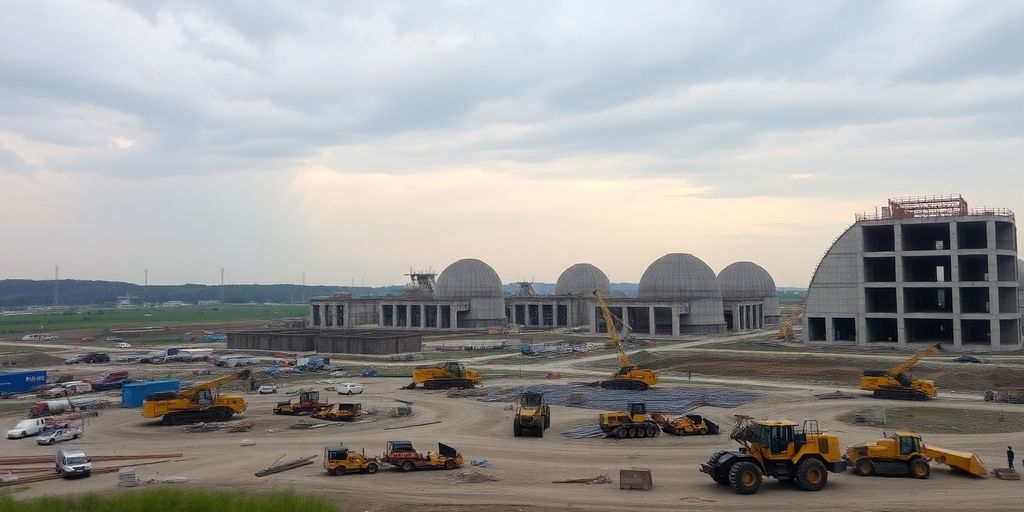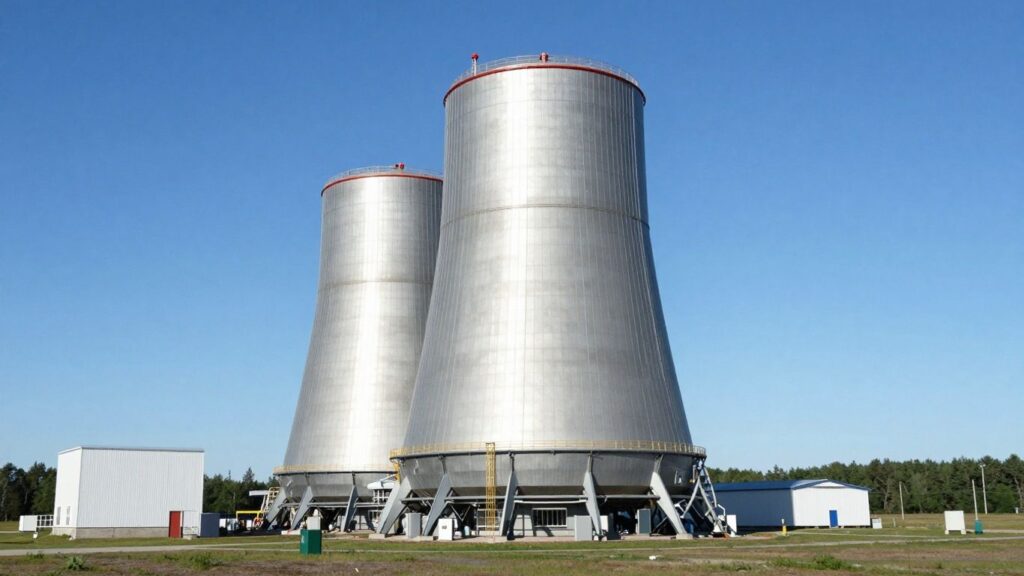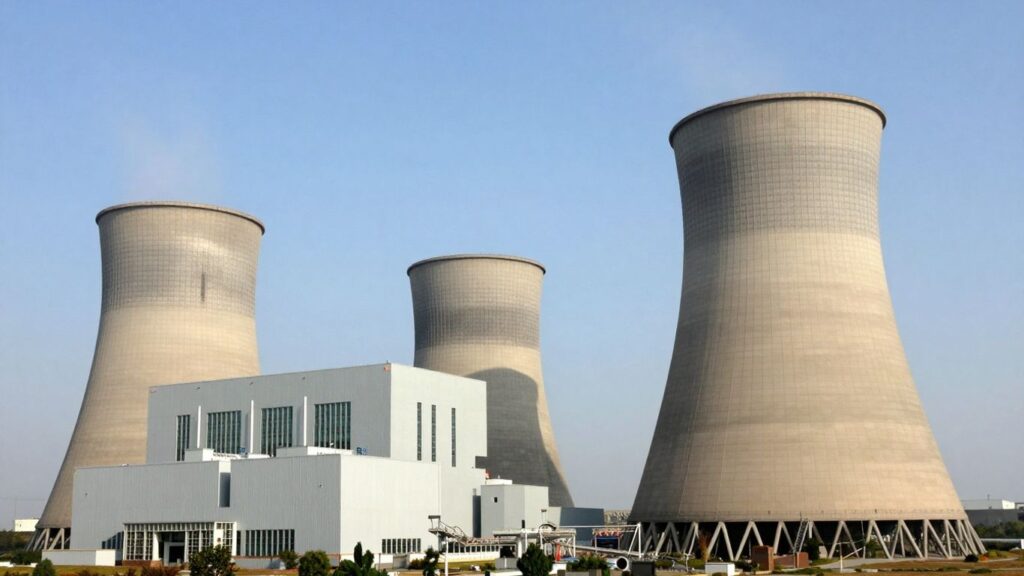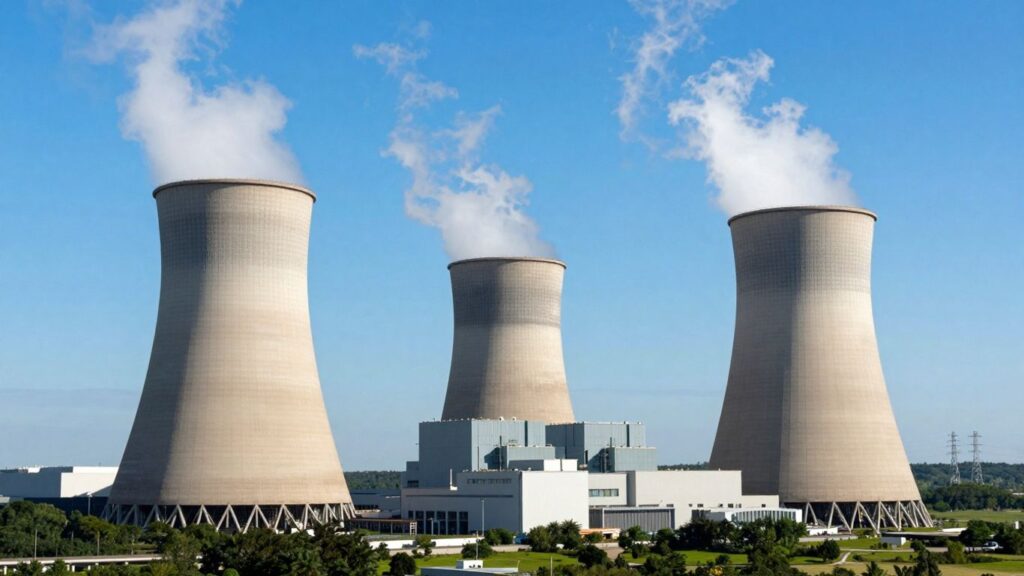The ambitious plan to build the United States’ first small-scale nuclear reactor, a groundbreaking project by NuScale, has been abruptly canceled. The Carbon Free Power Project (CFPP) in Idaho Falls, intended to be a pioneering demonstration of a new era in nuclear energy, has been scrapped due to a lack of sufficient customer commitments and escalating costs.
Key Takeaways
- NuScale’s first small modular reactor (SMR) project, the Carbon Free Power Project (CFPP), has been canceled.
- The project faced challenges with securing enough customers to purchase its power and a significant increase in projected costs.
- The cancellation raises questions about the future viability and cost-effectiveness of SMR technology in the US.
A Promising Start Fades
The initiative, spearheaded by NuScale and backed by the Utah Associated Municipal Power Systems (UAMPS), aimed to revitalize the US nuclear industry with its innovative Voygr model. This compact reactor design, measuring just 9 feet in diameter and 65 feet tall, promised a cheaper and more efficient way to generate nuclear power. A six-reactor, 462-megawatt plant was slated to begin construction by 2026, with power generation expected by the end of the decade.
Financial Hurdles and Customer Shortfalls
Despite significant support, including $1.4 billion in funding from the Department of Energy, the project encountered substantial obstacles. A 50 percent increase in projected costs, even after accounting for funds from the Inflation Reduction Act, spooked many of the smaller utilities underwriting the venture. Crucially, commitments to purchase the reactor’s future power covered less than 25 percent of its output. UAMPS had set a year-end deadline to reach 80 percent customer commitment, a target that proved unattainable.
Impact on the Nuclear Industry and Local Communities
The cancellation of the CFPP is a major setback for the burgeoning field of small modular reactors. Advocates had hoped this project would prove the economic viability of SMRs. For communities like Los Alamos, New Mexico, which saw the project as a vital component in their decarbonization efforts and a replacement for aging fossil fuel plants, the news is particularly concerning. The lack of capacity to connect new wind and solar projects in the region amplifies worries about securing clean and consistent power.
The Road Ahead
NuScale and its partners have officially pulled the plug, citing the inability to secure enough additional customers. The decision highlights the significant financial and market challenges that still need to be overcome for SMR technology to become a widespread reality in the United States. The future of small-scale nuclear power now hinges on overcoming these critical hurdles.












